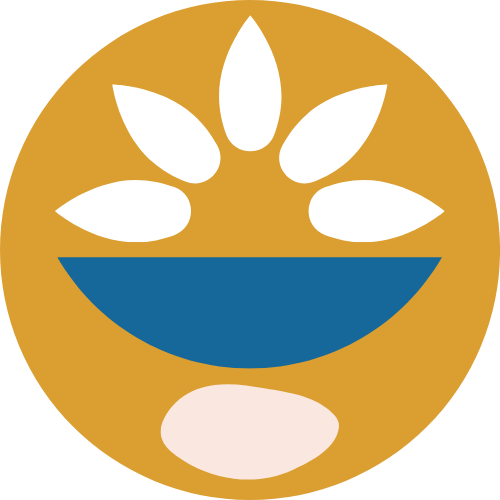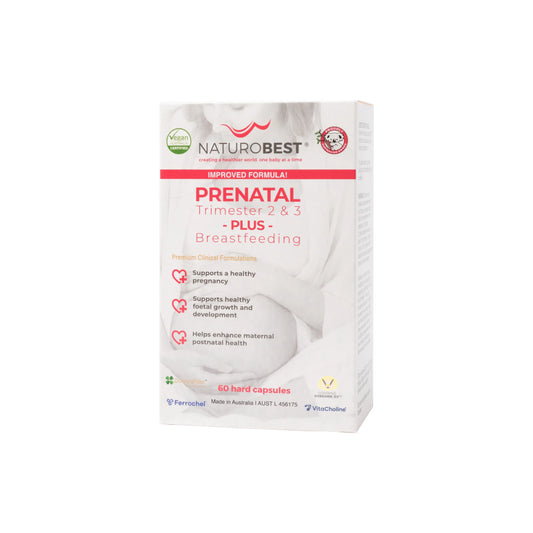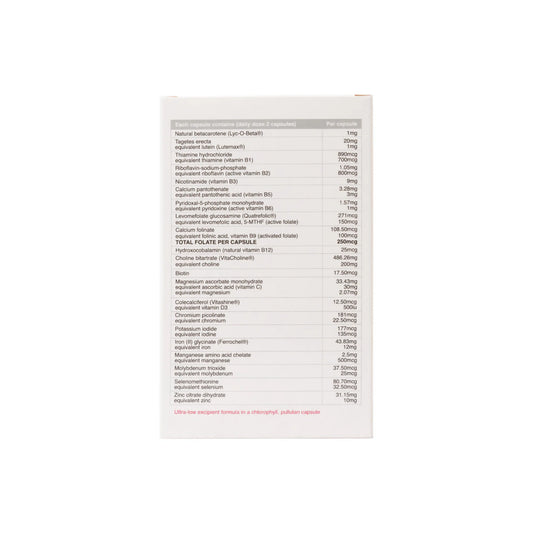Six Essential Vitamins for Breastfeeding
Did you know that some of your recommended vitamin dietary needs increase from pregnancy to breastfeeding?
All of these vitamins are considered essential and must be consumed in the diet:
Riboflavin (B2)
- Necessary for growth and development, helps prevent anaemia, improves milk production and maintains healthy skin and eyes. Additionally, it reduces the risk of postpartum depression.
- Found in dairy products, organ meats, yeast products and mushrooms.
- Recommended Daily Intake = 1.6 mg/day
- Equivalent to consuming 85g of fried liver per day.
Vitamin B6
- Necessary for milk production, development of infant’s nervous system, improves the immune function of breastmilk and the reduces the risk of depression.
- Meat, fish, fruit and vegetables are all good sources.
- RDI = 2 mg/day
- Equivalent to consuming 1 raw Lebanese cucumber per day.
Vitamin B12
- Promotes infant growth, helps prevent anaemia and depression and improves milk production.
- Seafood, organ meats and dairy products (vegans have a high risk of B12 deficiency).
- Recommended Daily Intake = 2.8 µg/day
- Equivalent to consuming 1 raw oyster per day.
Vitamin C
- Immunostimulant, collagen stability which supports wound healing (particularly in the first six weeks), brain and nerve function and an important antioxidant.
- Vitamin C is abundant in fresh, raw citrus fruits, capsicums and chillies, and green vegetables.
- Recommended Daily Intake= 80-85mg/day
- Equivalent to consuming 100g of broccoli per day.
Choline
- Supports infant brain development and healthy liver function and has neuroprotective actions.
- Found in milk, liver, eggs and peanuts, it is more concentrated in animal sources.
- Adequate Intake = 525-550mg/day
- Equivalent to consuming two fried eggs per day.
Vitamin A
- Supports the development of infant's eyesight and immune system, improves the quality of breastmilk and supports mamas' immune system.
- Organ meats, green and orange vegetables and fruits.
- Recommended Daily Intake = 1100 µg/day
- Equivalent to consuming half a cup of cooked sweet potatoes and a mango.
A maternal deficiency in water soluble vitamins (think C and all the B vitamins) corresponds directly to milk vitamin content due to the inability to store the vitamins. However, lipid soluble vitamins require a severe deficiency to affect the milk content.
If you are missing any of the major food groups outlined above, such as dairy or meat, consider continuing your prenatal or purchasing the NaturoBest Prenatal Trimester 2, 3 and Breastfeeding online now.
Please don't hesitate to contact us if you would like to further discuss the information provided.






